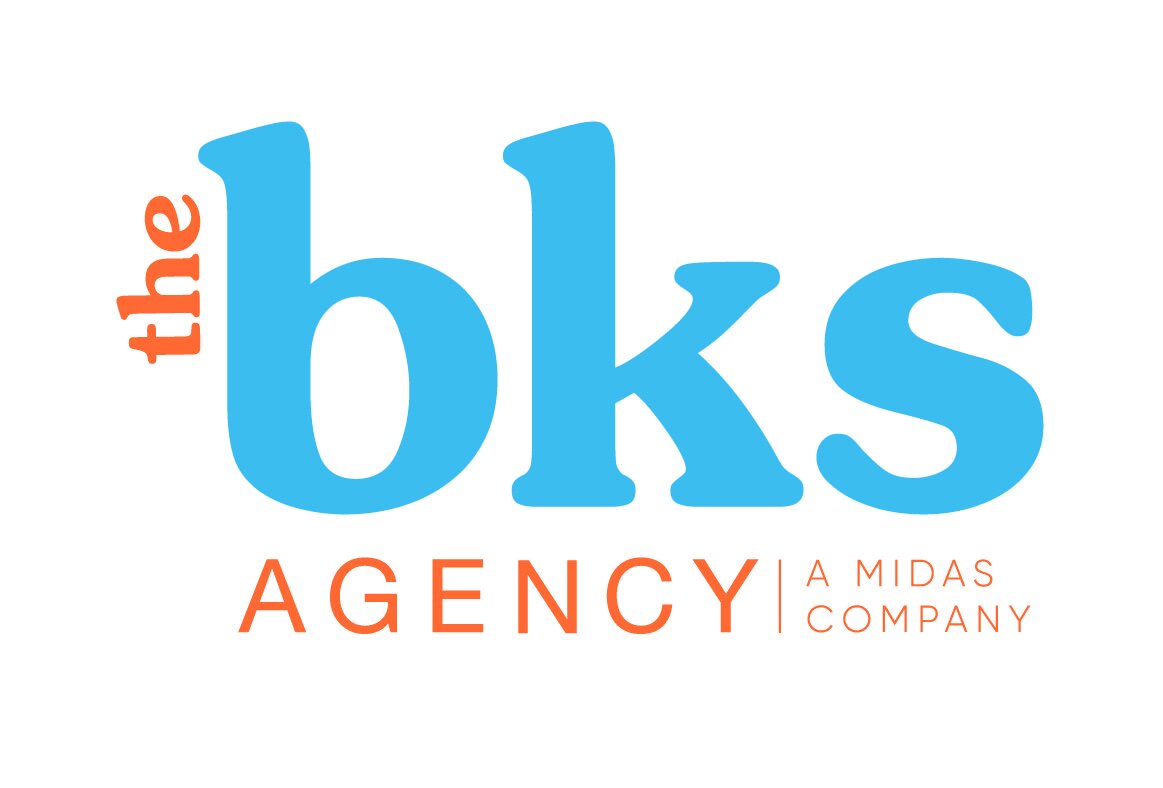MEASURING GHOSTS: How the 20th Century Turned Our Lives Into Data
Matt Locke
RIGHTS AVAILABLE: World English, Translation, Film/TV and all other rights handled by the bks Agency
EVERYHING WE DO AND EVERYTHING WE THINK
The story of the last 100 years is the race to measure these invisible audiences, and in doing so, enable the creation of global empires built on measuring our attention. Without the tools to measure us in our living rooms, these broadcast and digital empires would never have emerged, and our global culture would have looked very different.
The last twenty years has seen the rise of ‘surveillance capitalism’, with global tech platforms turning our lives into data. But the root of surveillance capitalism goes back over a century to the dawn of an earlier technological era - radio and television. In the first half of the twentieth century, the rise of these new global media networks created a huge problem for entrepreneurs. How could you make money from audiences that were listening and watching in the privacy of their living rooms? They were no longer measurable using physical transactions like theatre or cinema ticket sales, or newspaper circulation. Instead, these new audiences were invisible, like ghosts.
This book will tell the story of how we measured audiences in the 20th century. This is the story of how big data got big, and how multi-billion-dollar businesses struggled to generate relatively tiny amounts of information about what we, the consumers, were actually doing. It’s the story of how we got to the world of ‘surveillance capitalism’ we live in now, and how companies dreamed of surveilling us long before the technology existed to let them do it. And it’s the story of Arthur C Nielsen Jr and Arthur C Nielsen Sr, a father and son team who led the Nielsen company for 61 years, inventing many of the many methods of audience measurement, and laying the foundation for the new empires of attention - Facebook, Google, Apple and Amazon.
Matt Locke is the founder of Storythings, a creative studio helping clients tell stories in an age of digital attention. Matt worked in digital media for over 15 years, including seven years as Head of Innovation at BBC New Media. He then went to Channel 4 in 1997 to lead their Education department.
Matt has also taken numerous voluntary roles, including Deputy Chair of the British Science Association, Chair of The Audience Agency, and member of the Digital Advisory Board of the Science Museum Group.

